|
A federal district court this month protected the right of physicians in California to opt out of participating in assisted suicide if they have religious or ethical objections to the practice. This ruling highlights the need for responses to a troubling trend by state governments from California to Maine to steamroll the First Amendment’s guarantee of the free exercise of religion.
Gov. Gavin Newsom last year had updated California’s six-year-old euthanasia law to reduce patients’ wait times and streamline the documentation of their cases under the End of Life Option Act. While the law had a clause that doctors “shall not be required to participate,” physicians were still getting caught up in a requirement for them to “document” a patients’ request to die, and to “educate” them in the procedure and its prescribed pharmaceuticals. The court sided with the Christian Medical and Dental Association by issuing a preliminary injunction preventing California from forcing physicians to participate in these aspects of assisted suicide. The court based its ruling on the provision’s likely violation of physicians’ First Amendment rights. “Our clients seek to live out their faith in their medical practice, and that includes valuing every human life entrusted to their care. Participating in physician-assisted suicide very clearly would violate their consciences,” said Kevin Theriot, senior counsel of the Alliance Defending Freedom, who is representing CMDA. This preliminary injunction should become a permanent rule. First Amendment advocates must continue to be wary of rising anti-religious attitudes in some states’ policies. The U.S. Senate today rejected the Disclose Act, a bill that would have violated the privacy of donors and exposed them to threats against their livelihoods, businesses, and very lives.
The proponents of the bill did not lack for colorful (or actually, colorless) metaphors. Proponents have succeeded in persuading the media to call private, confidential donations to political causes as “dark money.” Sen. Sheldon Whitehouse (D-R.I.) called these donations “a dark octopus of corruption and deceit.” Such funds, said Majority Leader Chuck Schumer (D-NY) are “drowning out the views of citizens” and “disfiguring our democracy.” This view overlooks the actual threat of disfigurement in this age of cancel culture, doxing, and the normalization of taking protests (and sometimes guns) to the homes of officials, including Supreme Court justices. Consider what happened in 2009 after California donors who had given $100 or more in favor of a statewide amendment on marriage had their identities disclosed. Common web tools revealed their home addresses and other personal information. With their privacy exposed, donors experienced intimidation, hostility at the workplace, vandalism, slurs, and violence. Donors from the Church of Jesus Christ of Latter-Day Saints were systematically targeted by one website. A Lutheran pastor was threatened with gun and firebomb violence. The power of doxing can work against people of all political persuasions. A website called the Nuremberg files identified roughly 200 abortion providers, along with their personal information, home addresses, phone numbers and photographs. Some physicians targeted in this way were forced to resort to wearing disguises and spending thousands of dollars on home security systems. Respect for donor privacy has a venerable history based on necessary concerns. In 1958, the U.S. Supreme Court protected the anonymity of donors to the NAACP from being reviewed by the State of Alabama, no doubt protecting those donors from harassment and worse. Despite the partisan framing and party-line vote on this bill in this election season, people of all ideologies and both parties continue to have a stake in donor privacy. ACLU, hardly a bastion of corporate apologists, has opposed past versions of the Disclose Act. The donors at risk today may be well-heeled or not, but if you think the threat of violence, economic retaliation and social intimidation is not real, you’ve not been paying attention to the current state of the culture. Today’s vote was a positive development. Next perhaps we can persuade the media to begin referring to the issue as one of “donor privacy” instead of “dark money” surrounded by evil octopi. The Protect the First Foundation filed a motion today asking the District of Columbia Court of Appeals to hear oral argument from famed legal scholar Eugene Volokh in favor of an aggrieved husband who took to social media to spread an accusation of adultery against his spouse and her superior at work.
District of Columbia law defines the jurisdiction’s stalking statute to make it a crime to “directly or indirectly … in person or by any means, on two or more occasions” to communicate “about another individual” where the speaker “should have known” that such communications would cause “significant mental suffering or distress.” A lower court ruling from Mashaud v. Boone, if extended, would criminalize the speech of virtually every news outlet, social media post and gossip-prone human being inside the boundaries of the District of Columbia. Opposing counsel has consented to PT1st Foundation’s motion, with the stipulation that time be allotted to respond to Volokh’s argument. If the motion is granted, Protect The 1st looks forward to reporting what this clash will reveal about the First Amendment implications of D.C.’s stalking statute. Spotlight Now on SenatEThe U.S. House of Representatives passed the Protect Reporters from Exploitative State Spying (PRESS) Act with unanimous, bipartisan support today.
This bill, long supported by Protect The 1st and civil liberties sister organizations, would protect journalists and their sources by granting a privilege to protect confidential news sources in federal legal proceedings. Former Rep. Rick Boucher (D-VA), PT1st Senior Policy Advisor and the original author of an earlier version of this bill, said: “Kudos to Rep. Jamie Raskin for shepherding this bill through the House in such a busy season. The PRESS Act passed unanimously today because courts continue to hold journalists in contempt and even jail them for refusing to reveal their confidential sources. The House today made a bold statement that this is not acceptable. I am heartened to see such a strong, bipartisan stand for a free and unintimidated press.” PT1st general counsel Gene Schaerr, said: “Today’s approval reflects the common sense behind this bill. Passage of this bill with unanimous, bipartisan support is a reaffirmation of the First Amendment’s guarantee of protection for a free press. If such a law works well for the vast majority of states, there is no excuse for the federal government to be so far behind the times.” Former Rep. Bob Goodlatte who served as Chairman of the House Judiciary Committee, and now as PT1st Senior Policy Advisor, said: “When a bill passes so easily after being praised by two of my former colleagues, House Judiciary Committee Chairman Jerry Nadler and Ranking Member Jim Jordan, that tells you something about the need for this bill to become law. “The question now is will the U.S. Senate respond to the enthusiastic, bipartisan support displayed by the House? This bill has been sponsored in the past by now-Senate Majority Leader Chuck Schumer and Sen. Lindsey Graham. Enacting this bill into law would be a positive message that every senator can take home.” The Ninth Circuit Court of Appeals recently ordered the San Jose Unified School District to reinstate the Fellowship of Christian Athletes (FCA) as a recognized student club. A tartly written concurrence by one judge vividly portrays a hostile culture of secularism that may be behind some recent overreaching official efforts to isolate students from religious observance.
The issue at hand was that FCA leaders are required to abide by a Statement of Faith, which includes the belief that sexual relations should be limited within the context of a marriage between a man and a woman. Judge Kenneth K. Lee, one of two out of three judges on the panel that decided in favor of the FCA, wrote a stinging concurrence. He vividly portrays “a stench of animus against the students’ religious beliefs” that pervades San Jose’s Pioneer High School campus. Judge Lee describes one Pioneer high school teacher, Peter Glasser, who “channeled his inner Martin Luther, pinning the [FCA’s] Statement of Faith and Sexual Purity Statement to his classroom whiteboard along with his grievances. But instead of a reformation, Glasser demanded an inquisition. As he explained in emails sent to Principal Espiritu, FCA’s ‘bs’ views ‘have no validity’ and amount to heresy because they violated ‘my truth.’ Glasser believed ‘attacking these views is the only way to make a better campus’ and proclaimed he would not be an ‘enabler for this kind of ‘religious freedom’ anymore.” Judge Lee then turned to the behavior of another school official. “Michelle Bowman,” Judge Lee writes, “also serves on the Climate Committee [a body that pushed to de-recognize the FCA] and as a faculty advisor to the Satanic Temple Club. In discussing this lawsuit with a former student, she opined that ‘evangelicals, like FCA, are charlatans and not in the least bit Christian,’ and choose darkness over knowledge and perpetuate ignorance.’ But it is not for Bowman to dictate what beliefs are genuinely Christian.” Hit with this onslaught of attacks, the FCA was derecognized in two days without giving FCA students any opportunity to defend themselves or their organization. Judge Lee goes on to describe the efforts by Glasser and others to further accuse the expelled group of creating a hostile work environment for students and faculty because of their beliefs. “In other words,” Judge Lee wrote, “teenagers – meeting privately to discuss the Bible – were creating a hostile work environment for adult faculty, according to Glasser.” Judge Lee concludes: “In sum, animus against the FCA students’ religious-based views infected the School District’s decision to strip the FCA of its ASB status. And that violates the First Amendment’s protection of the free exercise of religion.” Just as religion should not be taught in the classroom, it should also be free of harassment by educators and officials. When a federal district court upholds the First Amendment rights of a person or organization, can it enforce those rights in the future? The answer by The Protect the First Foundation before the U.S. Court of Appeals for the 11th Circuit is a resounding “yes.”
The Hillsborough Area Regional Transit Authority (HART) of Tampa runs ads on its vehicles and bus shelters but prohibits ads that “promote a religious faith or religious organization.” When Young Israel of Tampa, an Orthodox synagogue, tried to place an ad for its “Chanukah on Ice” event, HART rejected those ads under its no-religion policy. A district court came down on the side of Young Israel on First Amendment grounds and issued a permanent order or injunction forbidding HART from “rejecting any advertisement on the ground that the advertisement primarily promotes a religious faith or religious organization.” HART appealed, arguing that the district court’s injunction was an abuse of its powers and that HART’s advertising policy was constitutional. The PT1st Foundation counter, filed Wednesday evening, demonstrates: “First Amendment rights are fundamental rights essential to every other form of freedom. As a result, First Amendment rights warrant special protection. Because courts cannot enjoin conduct and do not ‘strike down’ unconstitutional laws, a court cannot adequately protect First Amendment interests without including prohibitions against future illegal conduct in its injunction. “Without such preventative relief, governments would be free to repeat the same constitutional violation in the future. Any resolution of this case that fails to prevent future harm does not adequately vindicate the First Amendment.” PT1st believes remedies to violations of the First Amendment should be as enduring as our right to free speech. The U.S. Court of Appeals for the Fifth Circuit in New Orleans issued a unanimous ruling that the Department of Health and Human Services cannot force physicians to perform gender-transition procedures or abortions against their conscience or medical judgment. This ruling is a tremendous victory for the rights of religious exercise and conscience everywhere.
This landmark decision is the result of Franciscan Alliance v. Becerra, a case that pitted the Roman Catholic healthcare system Franciscan Alliance and other parties against President Biden’s Secretary of Health and Human Services, Xavier Becerra. The case revolved around a federal mandate issued in 2016 as part of the Affordable Care Act requiring doctors and hospitals to perform gender-transition procedures on any patient, including a child, even if the procedure violates the physician’s conscience and in his or her judgment could harm the patient. The mandate also required private insurance companies and many employers to cover gender reassignment therapy or face severe penalties and legal action. The Fifth Circuit also affirmed a lower court’s order “permanently enjoining (HHS) from requiring Franciscan Alliance to perform gender-reassignment surgeries or abortions in violation of its sincerely held religious beliefs.” Joseph Davis, legal counsel for the Becket law firm, which filed suit on behalf of the Franciscan Alliance, said: “Doctors cannot do their jobs and comply with the Hippocratic oath if the government requires them to perform harmful, irreversible procedures against their conscience and medical expertise.” PT1st looks forward to the extension of this rule to protect healers of faith and others who freely exercise their beliefs under the First Amendment. When Protect The 1st reports on crackdowns on campus speech, the stifling of First Amendment rights is usually the handiwork of either a combination of ideological zealots and cowardly administrators, or overweening state politicians. But in today’s global environment, the threat of retaliation for speech can also come from oppressive foreign governments operating on campus.
This is a rising concern with U.S. universities that financially benefit from the influx of students from the People’s Republic of China. In 2019-2020, 372,000 students from China studied in the United States. In 2020-2021, that number declined to 317,000. Given that Chinese students inject $15 billion into bursars’ coffers, even that modest drop in Chinese enrollment – due to Covid, geopolitics, and the rising allure of European and Australian universities – is concerning American academic leaders who’ve come to depend on this revenue stream. Another concern, however, should be the price of freedom in the American academy that comes with the Chinese Student and Scholars Association (CSSA), a collegiate organization on 150 campuses across the United States. National Review’s Isaac Schorr reports how Kinen Kao, a Cornell University student, put up posters for a discussion about China’s treatment of Hong Kong, Uyghurs, and Tibet. Under the vigilant eye of CSSA, Kao’s materials were routinely vandalized and removed. When Kao was physically assaulted by members of the Chinese student community, he pulled out his smartphone to record them – only to be pushed to the ground and have to fight to keep his phone from being snatched away. Such intimidation, as concerning as it is, is mild compared to reports of Chinese students having their families threatened with imprisonment or death after posting tweets or making on-campus statements critical of the regime. A similar problem occurred on American campuses after the now largely defunct Confucius Institutes were identified by the U.S. State Department as “foreign missions” with “skewed” takes on issues that comport with the ideology of the Chinese Communist Party. Schorr reports: “CSSA’s stated purpose is similarly cultural. A key difference, however, is that their marks are not unwitting Americans but Chinese students studying in the U.S. Propaganda remains the means, but the retention of Chinese nationals, rather than the recruitment of Americans, is the end.” Of the 118 Confucius Institutes in the United States, 108 are closed or are being closed after being identified as centers of propaganda. American universities might similarly decide that there is no place on campus for state-sponsored ideological enforcers. Only 29 percent of Americans trust public schools, the lowest level of support for public schools since Gallup first asked about it in 1973.
“Parents are increasingly voting with their feet,” reports Bloomberg. “Voucher programs in 15 states now use taxpayer dollars to subsidize tuition at private or religious schools. Charter schools account for almost 7 percent of overall enrollment; in Washington, D.C., 43 percent of public-school children attend one. Also, more kids are getting home schooled.” Bloomberg cites many factors behind this shift, including mask mandates and security. One finding stood out to us: While enrollment in traditional public schools is down, alternatives are growing more popular. Magnet schools have seen 78 percent growth in school enrollment 2018 to 2020. Charter schools have seen 113 percent growth in that period. Private school enrollment is up, both for religious and sectarian schools. Many parents of faith want schools to leave intellectual space for their children to continue the family faith tradition at home. Many parents want their children to understand the American story, warts and all, as being about painful triumphs of human rights in a democracy. Diminishing quality is a pervasive concern. As public schools weaken substantive instruction in math, English, science and history, millions of American parents are moving their children to alternatives, from charter schools to religious schools. In doing so, they are expressing their views and thus exercising their First Amendment rights to the fullest. Members of the Apache Stronghold held a prayer ceremony Tuesday in front of the San Francisco Civic Center. While appealing to heaven, the Apache are also filing a request with the Ninth Circuit Court of Appeals for a rehearing of their case to protect Oak Flat, long held to be a sacred and holy site, from being destroyed by a copper mine.
“Oak Flat is the place we have connected with our Creator for millennia, and the generations that follow us deserve to continue this holy tradition,” said Dr. Wendsler Nosie Sr. of the Apache Stronghold. “We are glad the Ninth Circuit is going to take a closer look at this decision, and we hope it will do the right thing and protect our most sacred site at Oak Flat.” Luke Goodrich, vice president and senior counsel at Becket, which represents Apache Stronghold, spoke about the court’s prior ruling and its subsequent decision to rehear the case en banc. This would allow the case to be reheard in front of the full 11-judge court. “The panel’s opinion is, as Judge Berzon said, ‘illogical,’ ‘flawed,’ and ‘absurd,” Goodrich said. “The ruling conflicts with the decisions of other circuits and the Supreme Court, and it gets the law badly wrong. So we expect it to be corrected – if not by the full Ninth Circuit, then by the U.S. Supreme Court.” Protect The 1st reported earlier this month on the signing of AB 2571 into law, which prohibits the marketing of firearms or related products in a manner that “reasonably appears to be attractive to minors.” While intended to tamp down on soaring rates of gun violence, this new law has so far curbed wholesome youth groups and sporting activities, along with freedom of expression.
Since then, multiple youth sporting organizations have had to shut their doors and scrub their websites. But the fight isn’t over for these groups. On August 24, several youth firearm sporting groups in the state of California filed a mandamus petition requesting the U.S. Court of Appeals for the Ninth Circuit immediately halt the state’s unconstitutional new gun and speech restrictions. The petitioners are Junior Sports Magazines, Raymond Brown, the California Youth Shooting Sports Association, the Redlands California Youth Clay Shooting Sports, the California Rifle & Pistol Association, The CRPA Foundation, Gun Owners of California, and the Second Amendment Foundation. The petition states that “if relief is not granted within the requested time, Petitioners will suffer ongoing and irreparable harm—i.e., the loss of their fundamental First and Fourteenth Amendment rights…” Sadly, the court denied the petition on Friday, meaning the motion for preliminary injunction cannot be heard until September 12. Despite having both their First and Second Amendment rights infringed, the Court held that Petitioners “have not demonstrated that this case warrants the intervention of this court by means of the extraordinary remedy of mandamus.” PT1st looks forward to further developments on this case. |
Archives
June 2024
Categories
All
|
ABOUT |
ISSUES |
TAKE ACTION |


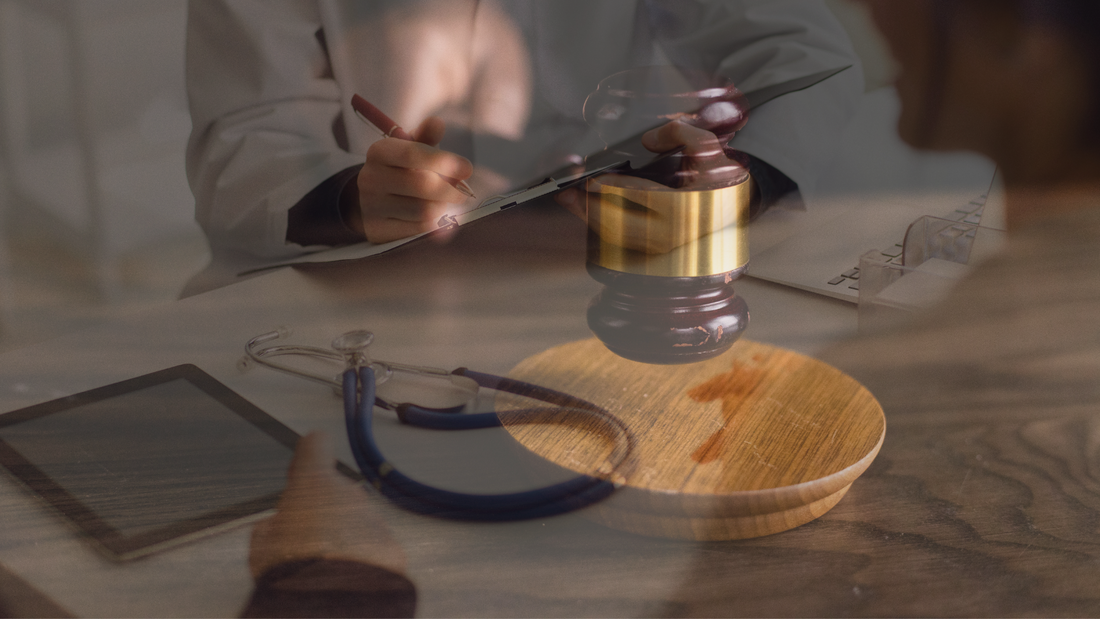
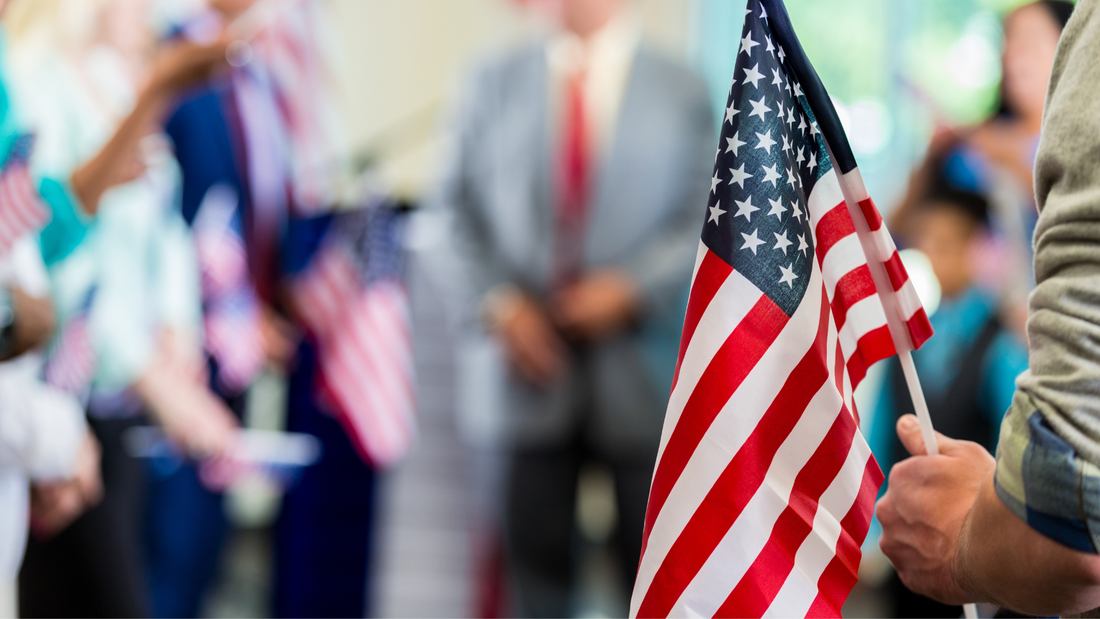
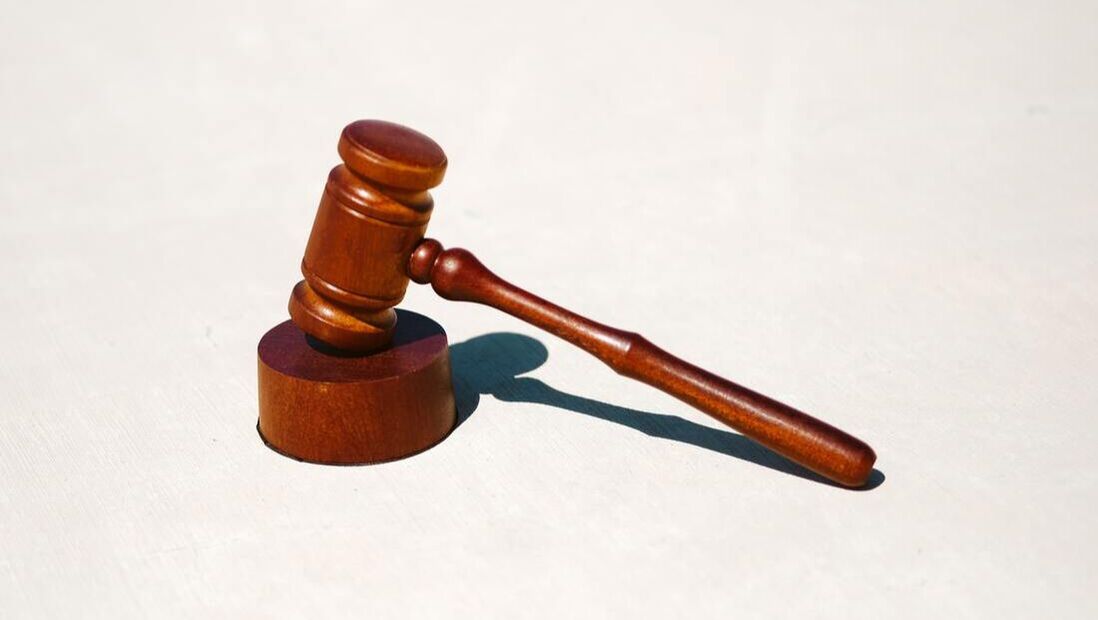
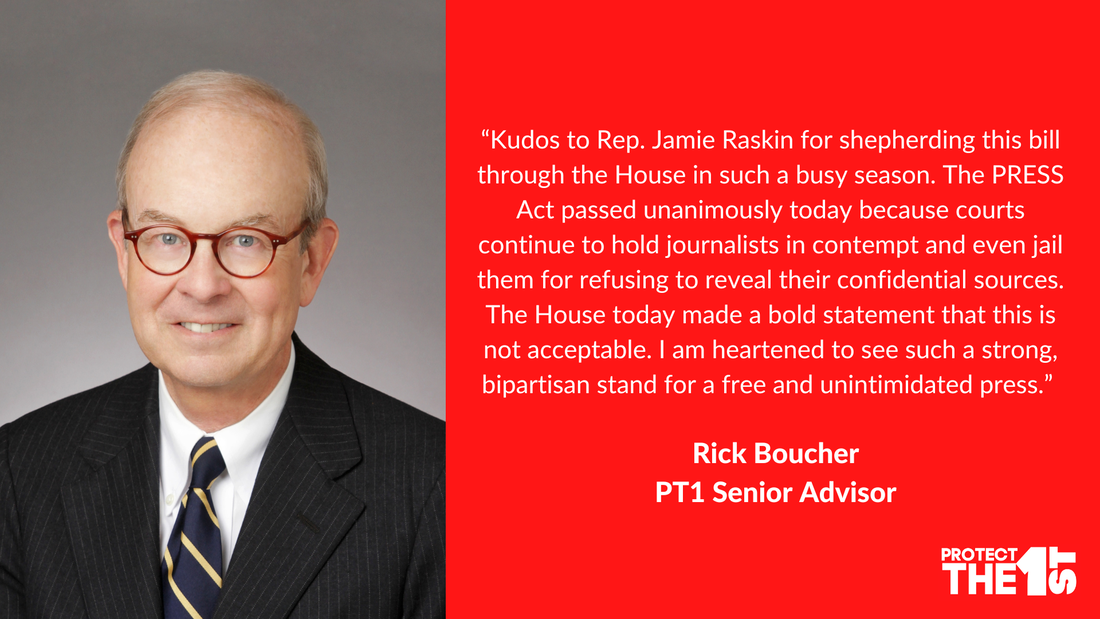

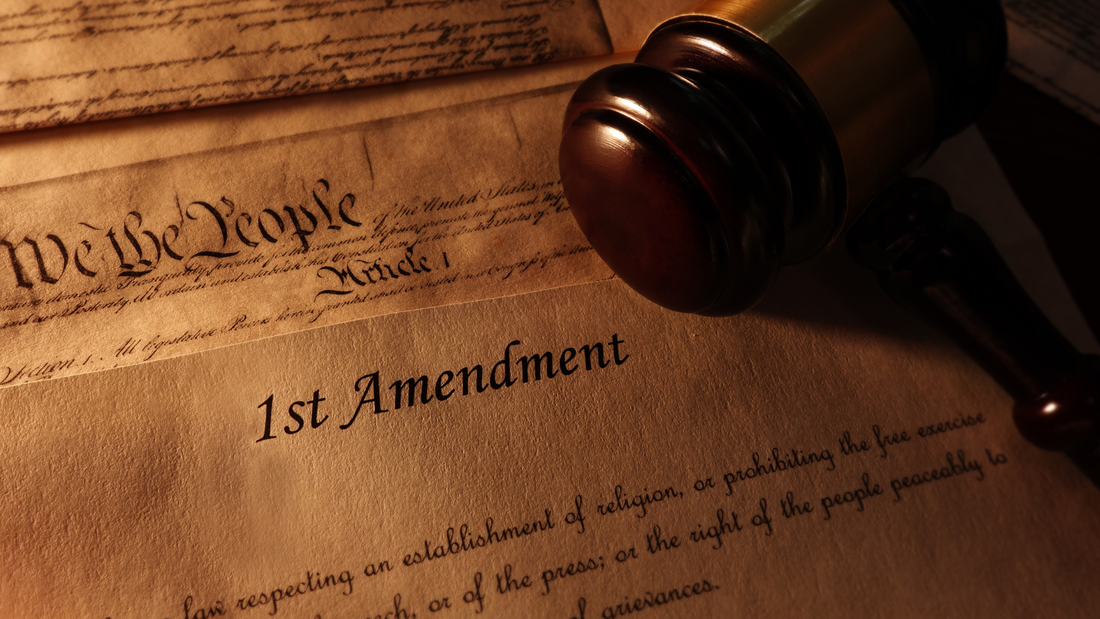
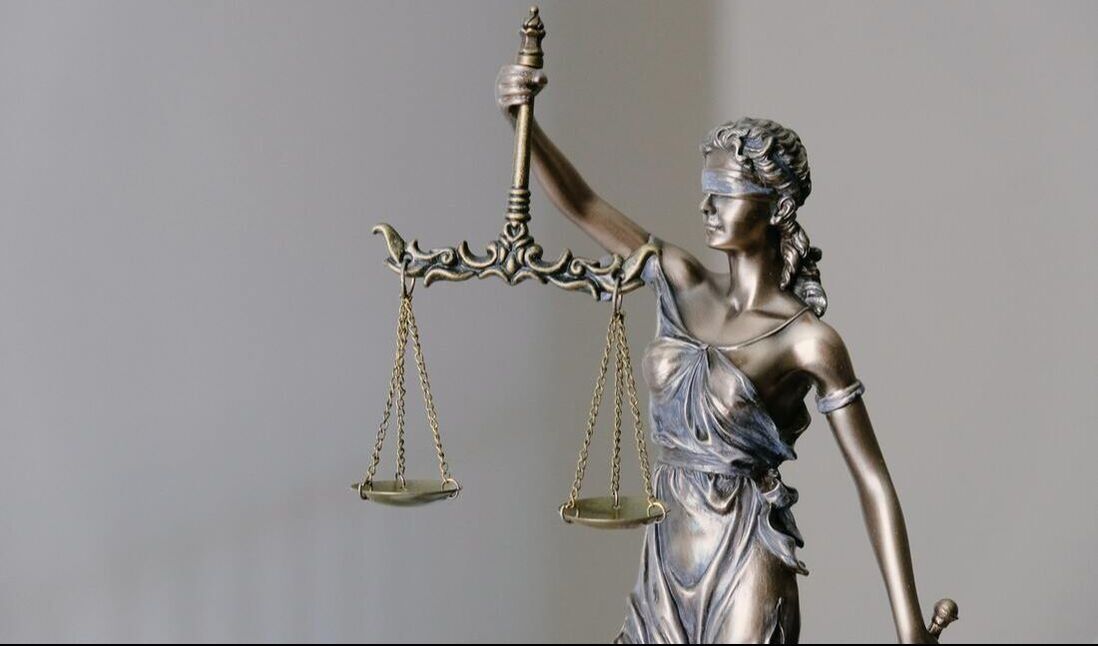
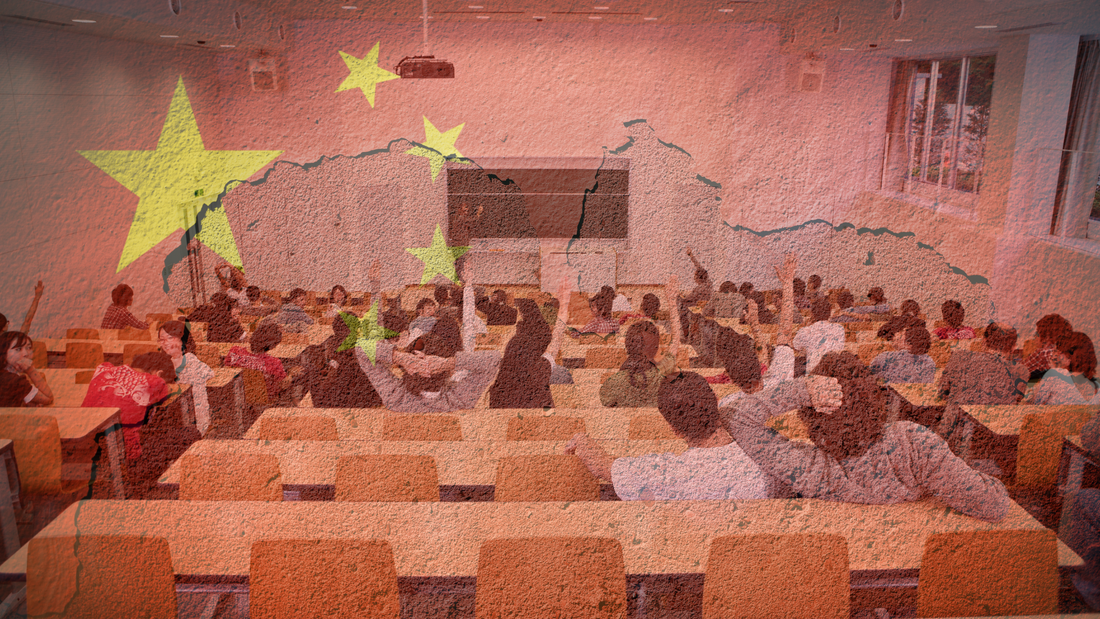

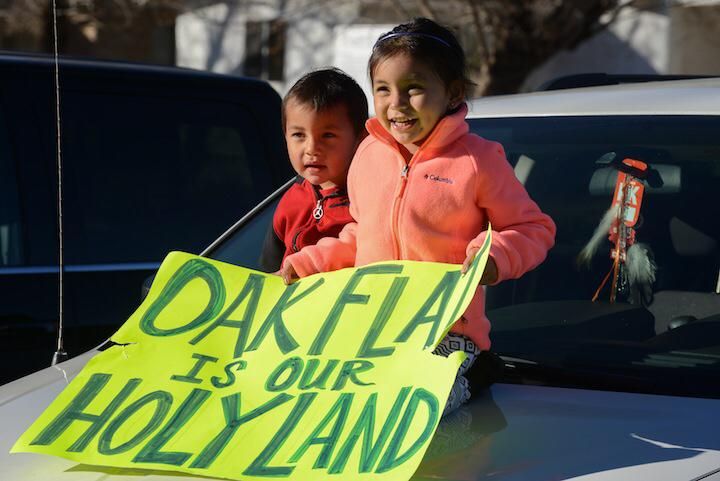

 RSS Feed
RSS Feed